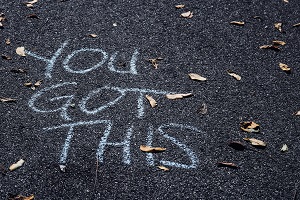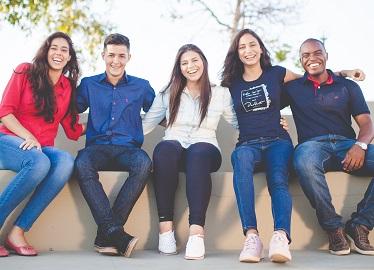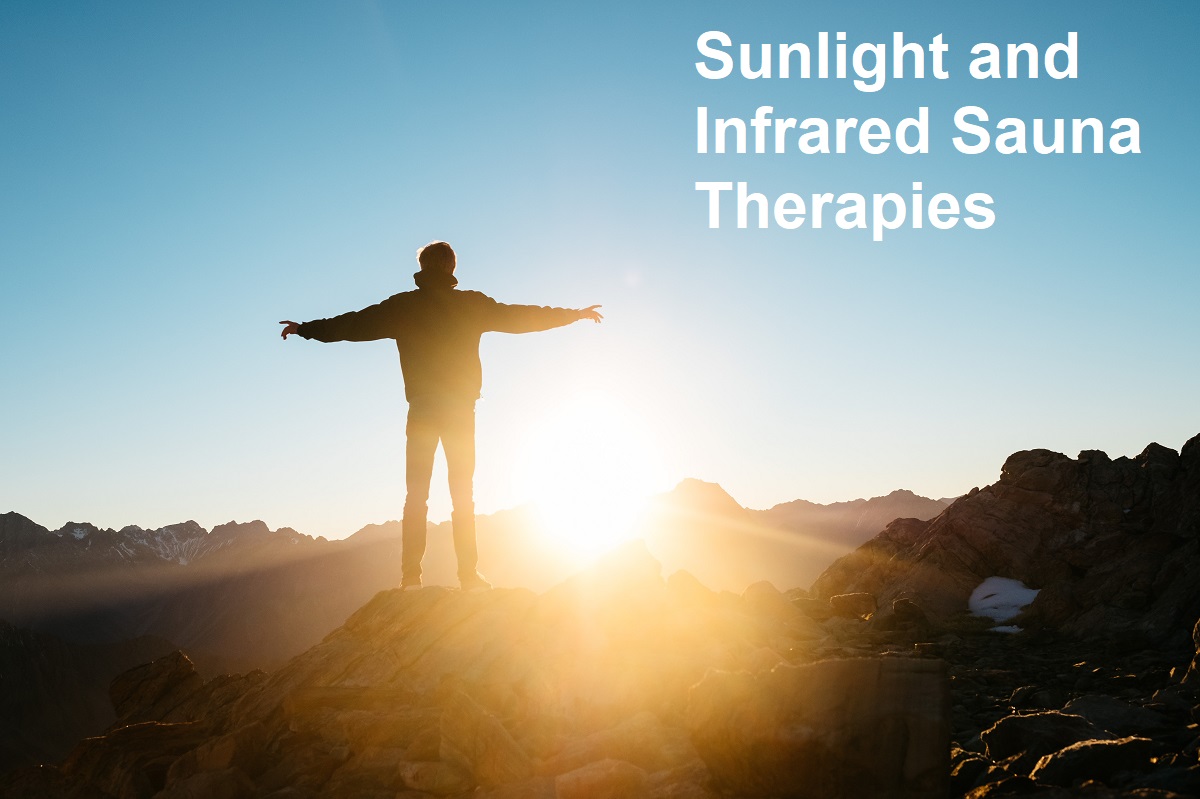Podcast Episode 38 – Resources for the Real Food and Drinks Lifestyle
Today is to make sure you are available of a few resources that we use to help us maintain a healthy lifestyle. And in order to provide you with even more help, please take our 3 question survey and let us know exactly what tools and support you are hoping for. We want to come […]
Continue Reading




